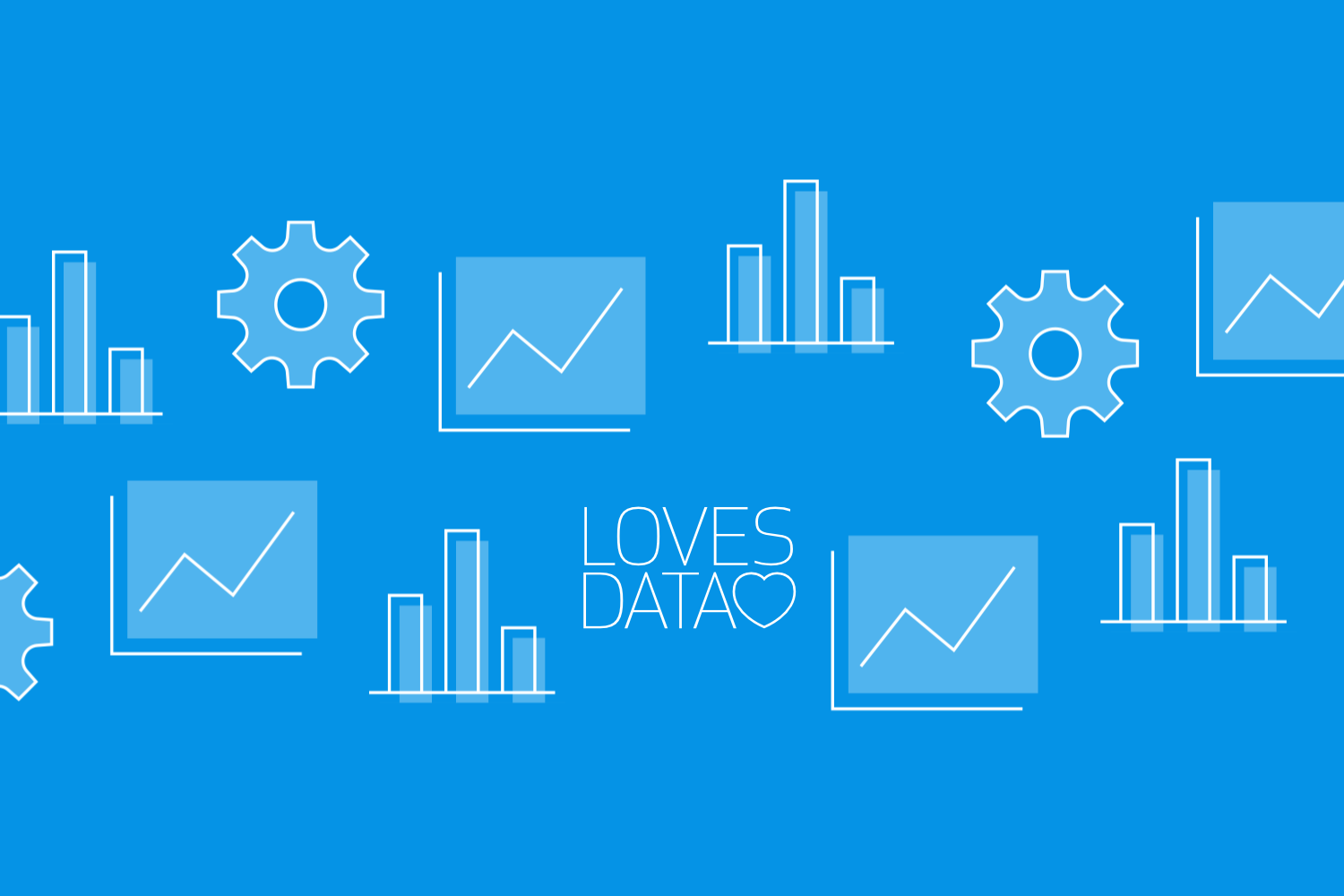Top Marketing Strategies for 2025 Supported by 2024 Trends: A Guide
Loves Data
Marketing continues to evolve rapidly, and staying ahead means adapting to the latest trends. The insights and technological advancements of 2024 provide a strong foundation for refining marketing strategies in 2025. By leveraging data, automation, and personalization, businesses can enhance customer engagement and drive measurable results.
One of the most impactful trends is the increasing importance of personalization. Tailored messaging and dynamic content create more meaningful interactions with customers, improving brand loyalty and conversion rates. Additionally, AI and automation tools streamline marketing processes, optimizing targeting and content creation to maximize efficiency.
Omnichannel strategies are also essential as consumers engage across multiple platforms. A seamless, integrated experience ensures consistent messaging and builds trust. By embracing these key trends, you can position your business for long-term success in the evolving marketing landscape.
Embracing Data-Driven Marketing Approaches
Data is at the heart of modern marketing. The insights gathered from 2024 trends provide valuable direction for optimizing campaigns and understanding consumer behavior. By analyzing this data, businesses can make informed decisions that improve engagement and ROI.
One of the main advantages of a data-driven strategy is the ability to identify patterns that might otherwise go unnoticed. Key performance indicators such as customer acquisition cost, lifetime value, and conversion rates help measure campaign effectiveness. These insights allow marketers to refine their strategies for better results.
To make the most of data analytics, choose tools that offer robust tracking and reporting. Google Analytics 4, for example, provides valuable insights into user behavior and campaign performance. Custom dashboards help focus on the most relevant metrics, saving time and improving decision-making.
By continuously refining strategies based on data, businesses can improve targeting, personalize messaging, and allocate resources more effectively. This agile approach ensures marketing efforts remain relevant and competitive in 2025.
Personalization in Customer Engagement
Consumers now expect personalized interactions, making tailored marketing efforts more important than ever. Personalized experiences drive engagement, increase loyalty, and ultimately lead to higher conversion rates.
Here are key strategies to enhance personalization:
- Segmentation: Group customers based on demographics, behavior, and preferences. This allows for targeted messaging that resonates with each segment.
- Dynamic Content: Display personalized website content, emails, or ads based on user interactions, ensuring relevancy.
- AI-Powered Recommendations: Use AI to analyze user data and deliver customized product or content recommendations.
Personalized campaigns go beyond surface-level customization. By leveraging customer insights, businesses can create meaningful experiences that foster long-term relationships. Brands that prioritize personalization will stand out in a crowded market and retain more loyal customers.
Expanding Omnichannel Marketing Strategies
Consumers interact with brands across multiple platforms, making omnichannel marketing essential for consistency and engagement. A seamless experience across digital and physical touchpoints builds trust and strengthens brand recognition.
To implement a successful omnichannel strategy, start by mapping the customer journey. Identify key interaction points and ensure messaging remains consistent across channels such as email, social media, search ads, and in-store experiences.
A centralized content hub can streamline this process, making it easier for teams to maintain branding and messaging consistency. Customer relationship management (CRM) tools also help track interactions and personalize experiences based on user behavior.
The benefits of omnichannel marketing include improved customer satisfaction, higher conversion rates, and increased brand loyalty. By integrating all marketing efforts into a unified strategy, businesses can create seamless, engaging experiences that drive results.
Innovation with Automation and AI Tools
Automation and AI have transformed marketing, enabling efficiency and precision in campaign management. These tools save time by automating repetitive tasks while enhancing targeting and personalization.
Key applications of AI in marketing include:
- Automated Campaign Management: Schedule and optimize email, social media, and ad campaigns with minimal manual intervention.
- AI-Driven Insights: Analyze vast amounts of data to predict consumer behavior and improve targeting.
- Content Generation: Use AI tools to craft data-driven, compelling messages tailored to audience preferences.
AI and automation enhance marketing efforts by delivering relevant content at the right time to the right audience. Businesses that embrace these technologies will gain a competitive advantage by improving efficiency and delivering more personalized experiences.
Conclusion
Marketing in 2025 is defined by data-driven decision-making, personalization, omnichannel strategies, and AI-powered automation. By embracing these key trends, businesses can create more effective campaigns, strengthen customer relationships, and drive sustained growth.
At Loves Data, we provide expert-led courses and resources to help marketers navigate evolving trends. Whether you're looking to optimize your Google marketing strategies or implement AI-driven insights, our online courses offer practical guidance to maximize your success. Take your marketing to the next level with Loves Data and stay ahead in 2025.




Comments